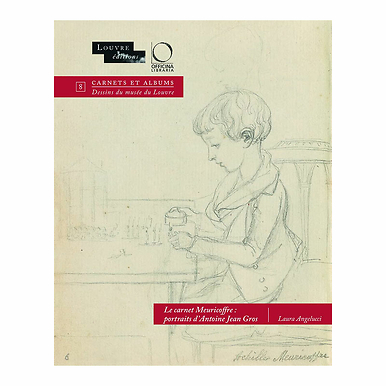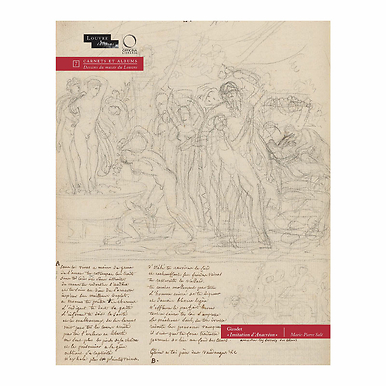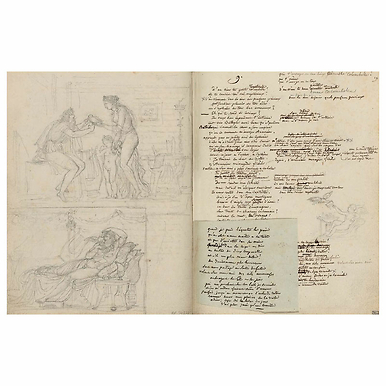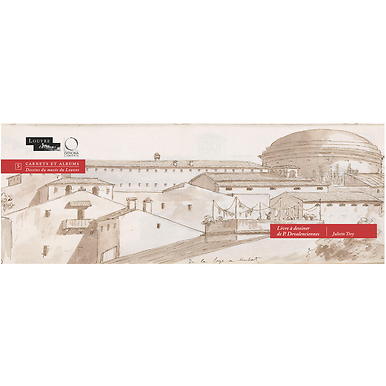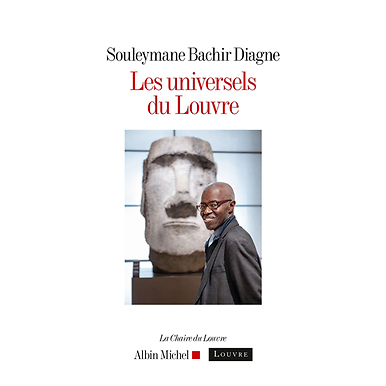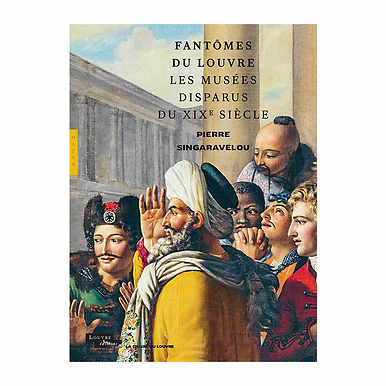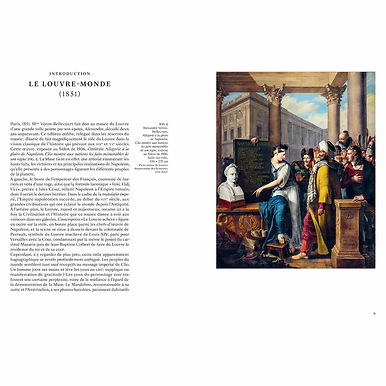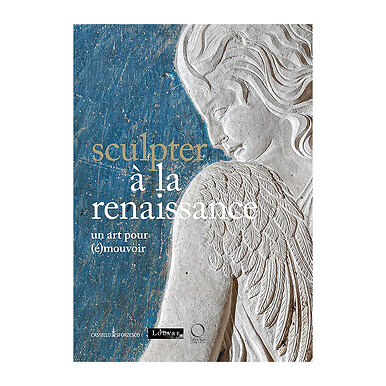Album "Fra Bartolommeo" - Carnets et albums Dessins du musée du Louvre
MX028331
In 1922, Léon Bonnat bequeathed to the Louvre a wonderful album of almost forty drawings by one of the most famous painters of the Florentine Renaissance: Fra Bartolomeo della Porta (1469-1517). The collection traces the career of the artist, who trained in Florence around 1485 with Cosimo Rosselli...
Read more
In 1922, Léon Bonnat bequeathed to the Louvre a wonderful album of almost forty drawings by one of the most famous painters of the Florentine Renaissance: Fra Bartolomeo della Porta (1469-1517). The collection traces the career of the artist, who trained in Florence around 1485 with Cosimo Rosselli, in the shadow of the most brilliant workshop of the time, that of Andrea del Verrocchio. Sensitive to the prodigious innovations that emerged from this extraordinary environment, which in the previous decade had produced geniuses such as Botticelli, Ghirlandaio and Leonardo da Vinci, Baccio, as he was then known, studied above all under the guidance of Lorenzo di Credi, to whom Verrocchio had entrusted the fate of the shop. Baccio also carefully followed the works of foreigners who had been in Florence for several years, above all Pietro Perugino, and those of Ghirlandaio's workshop, then at the height of popularity. Apart from a single sanguine, most of the sheets in the Bonnat album feature pen and brown ink drawings on both sides. The compositions are similar to many of the painter's studies preserved in the collections of the museums of Florence, London and Rotterdam and refer to unfinished projects and important commissions: from the studies for the Last Judgment painted in the Cloister of the Bones of the Santa Maria Nuova Hospital (Florence , Museum of San Marco), which impressed the young Raphael, to a group of landscapes, drawn en plein air . After a four-year break, Baccio returned to painting in 1504, showing a profound influence of Venetian painting, discovered during a trip to northern Italy. His renewed style could not ignore the examples of Raphael and Michelangelo, whom he saw in Rome during a short stay between 1513 and 1514. Bartolomeo della Porta died in 1517. His works, which transpose the legacy of his illustrious predecessor , Beato Angelico, in the language of modernity, are one of the sources of what will soon be known as Maniera.
French
178 pages / 108 illustrations
Co-publishing Officina Libraria / Louvre éditions
Close
Sold by GrandPalaisRmn


